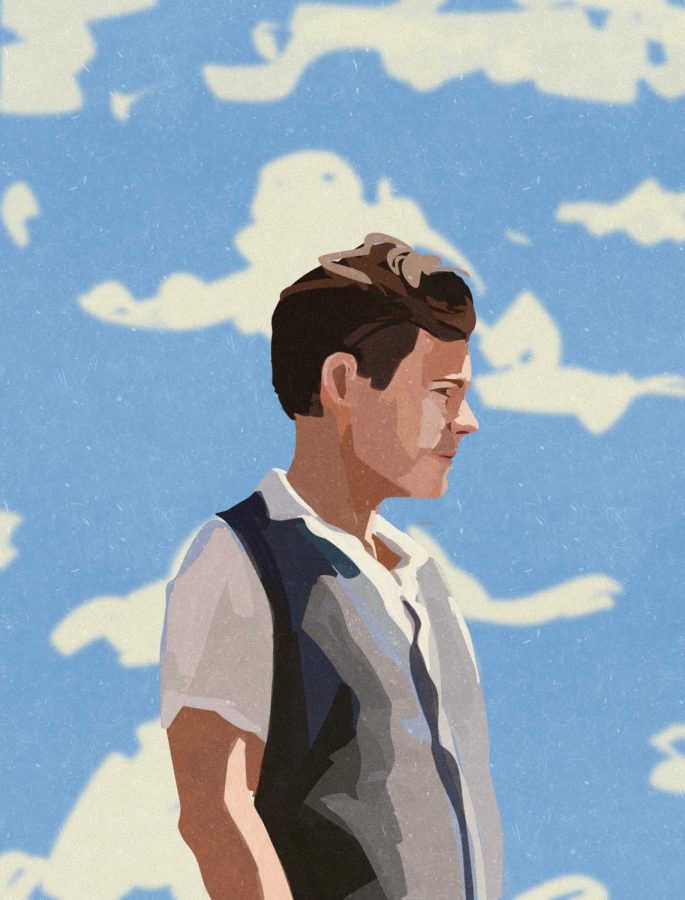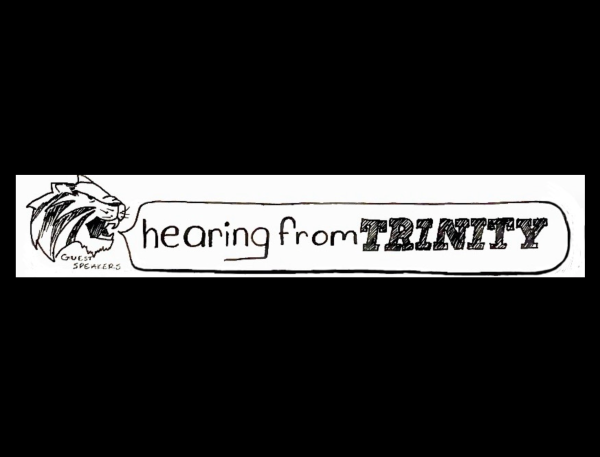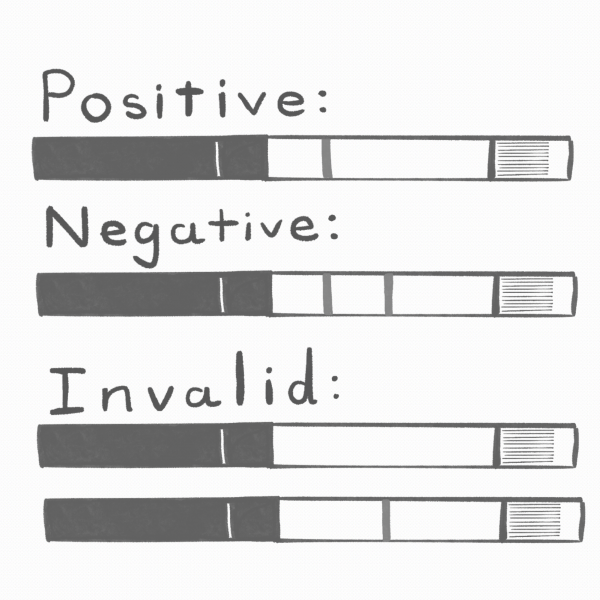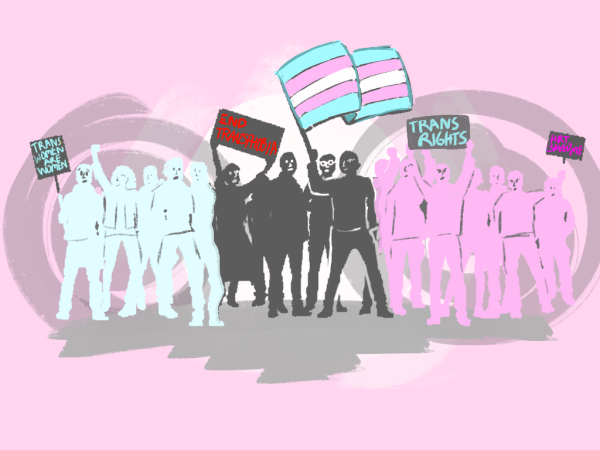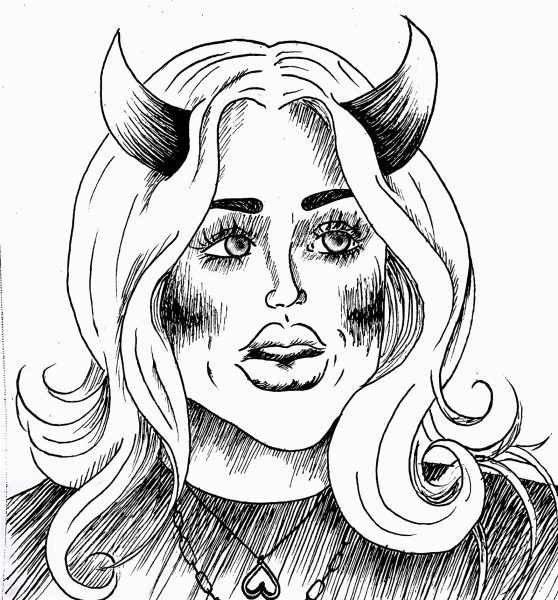“My Policeman” and queerbaiting
“My Policeman” starring Harry Styles, David Dawson and Emma Corrin hit select theaters on Oct. 21 and simultaneously crushed much of the negative press it received prior to release. There are valid critiques that still stand, such as the continued focus on white, cisgender gay men in queer film. However, the concerns about Styles “queerbaiting” by starring as a gay character while not officially labeling himself under the LGBTQ umbrella are much weaker. Requiring a real person to come out publicly before they embrace queerness doesn’t sit well with the point of this film; in fact, Styles’ own sexual ambiguity and controversial romantic life made him the perfect actor for the job.
Tom, played by Styles, is a cop in 1950s Brighton, England, where he meets Marion, a schoolteacher he ends up marrying. They are friends with Patrick, a local museum curator, who takes them to shows and teaches them about art. Despite the illegal status of homosexuality at the time, not to mention his role as an officer of the law, Tom lands himself in a romance with Patrick. His love for Patrick tears at him, and scenes throughout the film shed light on the conflict between his sexuality, his duty as a married man and the law he has sworn to uphold. All three characters struggle to navigate their situation ethically, the ultimate antagonist being the homophobic carceral structures in place. Or, in other words, the role of the titular policeman.
Shocking moments of violence and heartbreak make the audience reflect on how far England and other Western countries have come since the ‘50s. But the backlash Styles received regarding his own sexual orientation is enough to see how much further we still have to go.
The term “queerbaiting,” which has been hurled at Styles for months, refers to a marketing technique in entertainment that alludes to LGBTQ representation, either without following through or making the representation explicit. The key is that it’s used to market movies, books and other types of media in order to profit off of queer culture without actually doing it any favors.
To say that individuals, like Styles, queer bait by participating in an explicitly queer movie would mean queer people only become queer after they have publicly come out. It is impossible to share an appreciation for Tom’s story in “My Policeman” and claim Styles is somehow appropriating queerness in the same breath.
Being a film adaptation of a book published a decade ago, “My Policeman” does not queerbait. Even those who had not read the story before would know based on the movie’s promotional materials and the cast’s discussion of queer storytelling that this is an intentionally LGBTQ film through and through.
Tom and Patrick live in a world where their sexuality is punishable by prison time and police brutality, if not worse treatment by those unaffiliated with the law. While it’s impossible for either of them to be out as gay, Patrick has embraced his sexuality regardless, frequenting underground speakeasies and learning how to hide. Tom, on the other hand, is petrified by his newfound sexuality, and his lifelong marriage with Marion shows how unwilling he is to admit he is gay, even after it’s no longer illegal. It’s a familiar struggle with internalized homophobia, so we see through this conflict and understand him even without a coming out declaration.
Styles hasn’t had a coming-out declaration, either. He has expressed on numerous occasions that he isn’t straight, but he remains unlabeled. The lack of a queer label doesn’t mean he isn’t queer or can’t understand the experiences of a gay man in the closet. In an interview with Rolling Stone, he talked about how the role struck a personal chord with him.
“I think everyone, including myself, has your own journey with figuring out sexuality and getting more comfortable with it,” Styles said. “It’s not like, ‘This is a gay story about these guys being gay.’ It’s about love and about wasted time to me.”
No matter who plays Tom, we need movies like “My Policeman” that bring stories of queer oppression to the mainstream. There are still corners of the LGBTQ community due for representation that white, gay men can’t satisfy, but the film’s critique of Britain’s historical treatment of queer people is certainly a good one. As homophobia and transphobia rise in countries like England, and archaic laws like the ones depicted in the film remain in many countries around the world, we can spend our time more wisely than trying to pin down an actor’s sexuality.

I am a senior French and Earth Systems Science double major from St. Louis, MO. When I'm not wearing my EIC hat, I am also a Chapel | Spiritual Life Fellow,...

